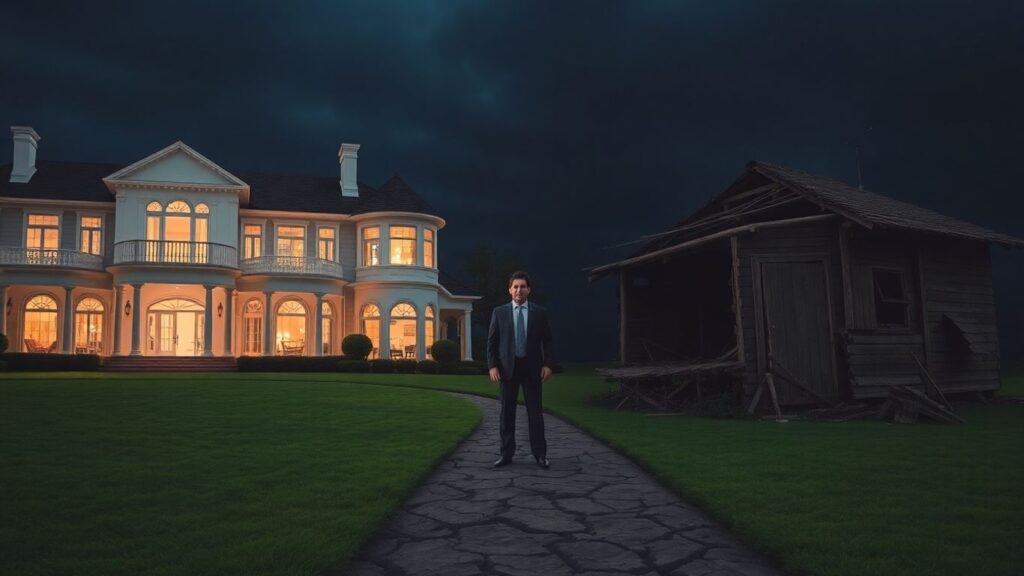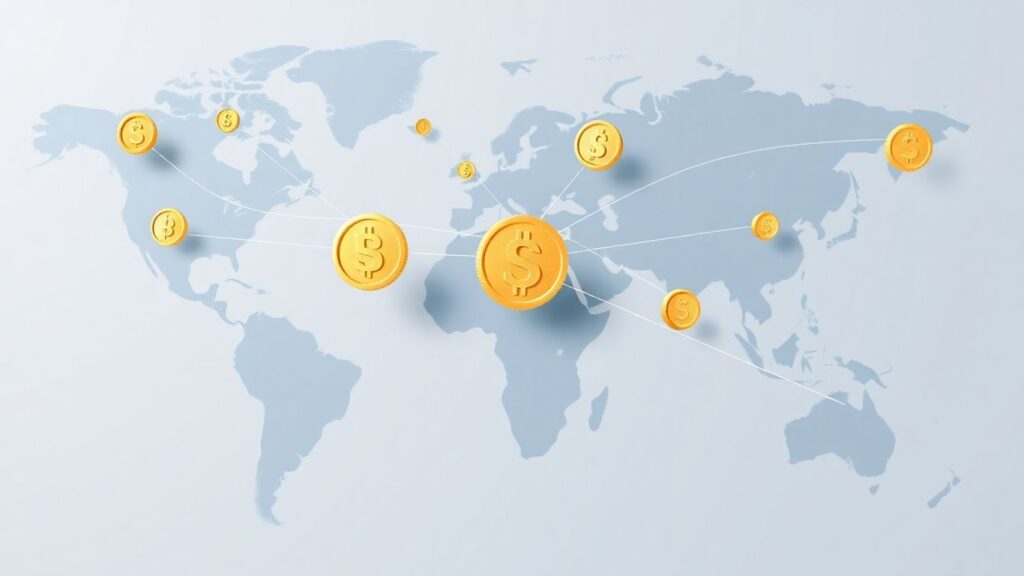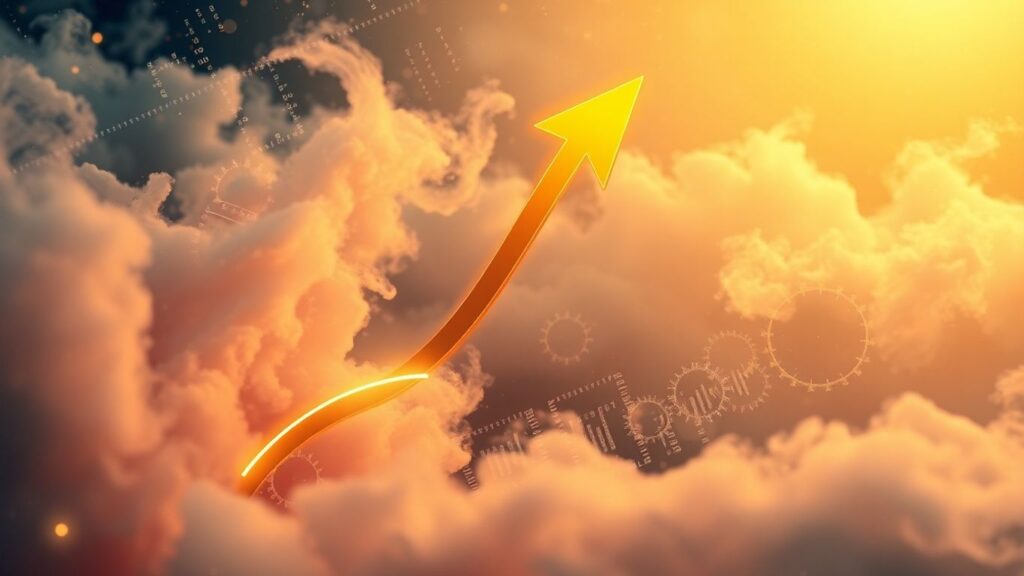The Rich Get Richer, and Everyone Else Gets Poorer: Gary Stevenson’s Warning

Gary Stevenson, a former banker and math whiz, believes we’re in a major economic crisis, but it’s not the kind with a sudden crash. Instead, he sees it in steadily rising house prices and a growing gap between the super-rich and everyone else. Coming from a working-class background, Stevenson noticed things others in finance missed – like how little buying power ordinary people have, or the longer waits for healthcare. While the wealthiest accumulate more, the cost of everyday living keeps going up for the majority. Stevenson argues this isn’t a crisis of shrinking economies, but one of widening inequality.
Key Takeaways
- The Real Crisis is Inequality: It’s not about the economy shrinking, but about wealth concentrating in the hands of a few.
- Low Interest Rates Aren’t Working: The theory that low rates encourage spending hasn’t panned out for ordinary people.
- The Rich Get Richer Passively: Billionaires earn millions passively, which they reinvest, driving up asset prices.
- Housing is a Symptom: Rising house prices benefit only those with multiple properties, making it impossible for others to buy.
- Taxes are the Solution: Stevenson advocates for higher taxes on the wealthy as the only way to prevent future generations from being extremely poor.
The Illusion of Economic Recovery
Stevenson started his career in interest rate trading just before the 2008 financial crisis. He expected low interest rates, a common tool to boost economies, to lead to a quick recovery. But that didn’t happen. Rates stayed near zero for years, and predictions of a rebound kept being wrong. This made him question the prevailing economic theories and the people promoting them.
He noticed that many of his colleagues in finance came from wealthy backgrounds and didn’t truly understand the financial struggles of ordinary people. They assumed everyone had the same spending power as they did, or as their rich friends did. Stevenson, however, talked to his own friends and family, who simply said they didn’t have money to spend.
The Wealth Transfer
Stevenson saw a stark difference: an older generation with property, and his own generation, often educated, who would likely never own property. He also observed that governments worldwide were accumulating debt and losing assets, much like individual families. This led him to a crucial realization: wealth was being systematically transferred from the middle class and governments to the super-rich.
He explains that billionaires can earn millions in passive income each week. Since they can’t possibly spend it all, they reinvest it, buying up assets like housing, stocks, and land. This drives up prices, making these assets unaffordable for everyone else. This isn’t a temporary problem; it’s a structural issue where wealth compounds and concentrates at the top.
The Consequences for Ordinary People
What does this growing inequality look like in real life? Stevenson points to several things:
- Unaffordable Housing: House prices skyrocket, benefiting only those who own multiple properties. For most, it means they can’t afford a home, or if they do, it’s with massive debt.
- Struggling to Make Ends Meet: People find it hard to pay bills, afford childcare, or get decent jobs.
- Deteriorating Public Services: Governments, squeezed by a lack of funds, can’t maintain services like healthcare.
- Generational Poverty: Young people are often poorer than their parents were at the same age, with little hope of accumulating wealth.
Stevenson argues that the economy isn’t necessarily shrinking; rather, economic power is shifting dramatically towards the very wealthy. While official statistics might look okay on average, they hide the reality that the bottom 90% are seeing their living standards decline.
The Path Forward: Taxing the Wealthy
Stevenson believes the only way to address this crisis is through higher taxes on the wealthy. He dismisses the idea that the rich don’t have the money, stating they have assets. If they accumulate wealth without ever selling assets, they effectively own everything, leaving nothing for future generations. He stresses that governments must force the wealthy to sell assets at some point to allow others to acquire them.
He advocates for taxing the hoarding of wealth. Without significant tax increases on the richest, he warns that ordinary families’ children and grandchildren will be extremely poor. Stevenson suggests that taxing wealth is not just a national issue but requires international cooperation. The choice, he concludes, is stark: either tax the rich significantly or accept a future where the next generations are impoverished.








Responses